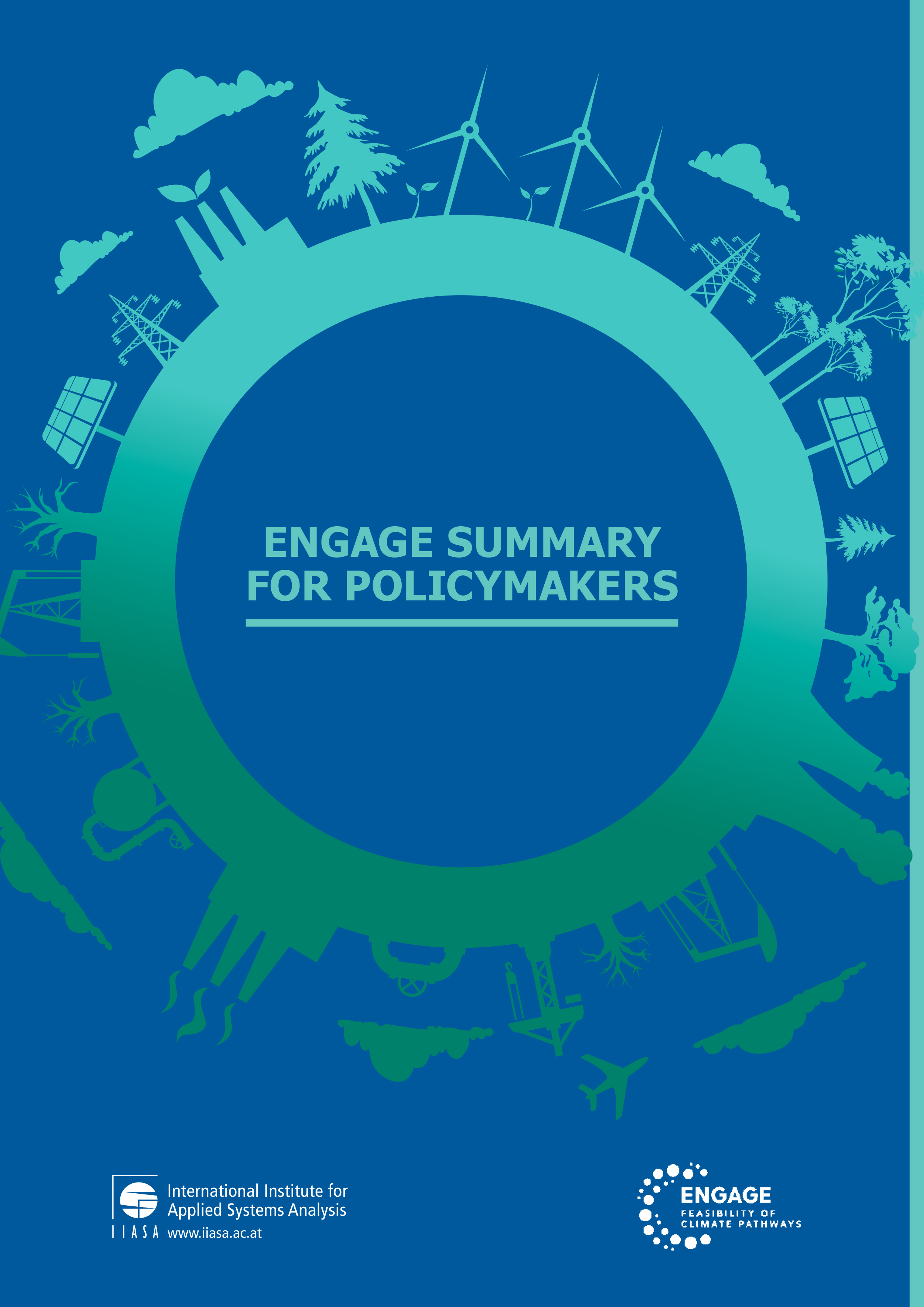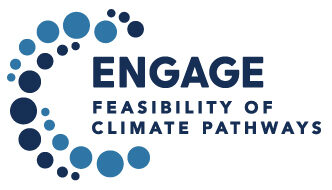
As the world faces the risks of dangerous climate change, policymakers, industry and civil society leaders are counting on Integrated Assessment Models (IAMs) to inform and guide strategies to deliver on the objectives of the Paris Agreement (PA) and subsequent agreements.
The Exploring National and Global Actions to Reduce Greenhouse Gas Emissions (ENGAGE) project has responded to this challenge by engaging these stakeholders in co-producing a new generation of global and national decarbonization pathways.
Tools and approaches have been developed to explore the multidimensional feasibility of these decarbonization pathways and identify opportunities to strengthen climate policies by minimizing feasibility risks.
New emission pathways have been designed to minimize overshoot of the temperature target, explore the timing of net-zero emissions to meet the Paris temperature target, and reduce the reliance on controversial negative emissions technologies.
However, global decarbonization pathways are only feasible in as much as they are aligned with national policies and plans, so the project has paid particular attention to aligning and reconciling global decarbonization pathways with national emission reduction policies and pledges and international governance mechanisms. The project has also quantified avoided impacts of climate change, co-benefits, and trade-offs of climate policy and explored the effort-sharing implications of decarbonization pathways.
The findings of the ENGAGE project team have been collated in a Summary for Policymakers. Click on the link below to download the PDF or browse through the digital version.
Interactive version
ENGAGE publications:
www.engage-climate.org/publications/



